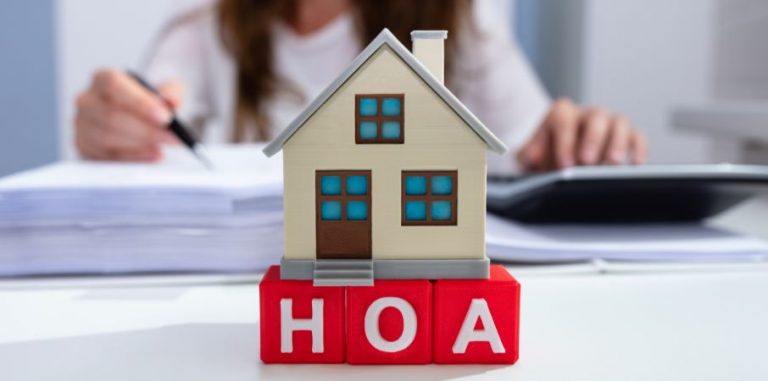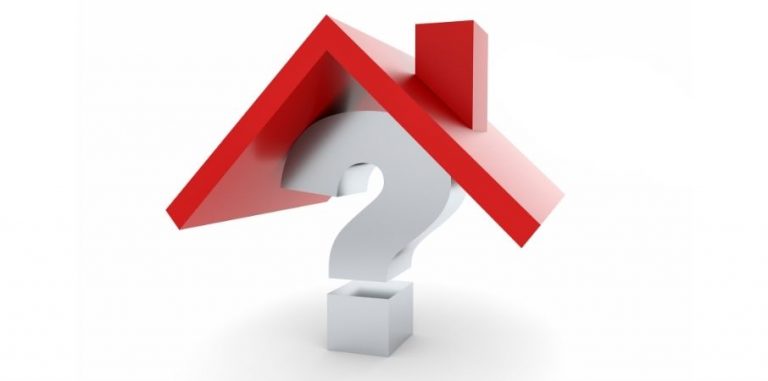Recently, we’ve picked up a lot of properties from other Property Management companies in Indianapolis.
And when I say a lot, I mean a LOT.
This has given us the opportunity to see a wide range of Lease Agreements.
Some are pretty standard and some…well, some have been a little questionable in the legal department.
When we take over management of an occupied property, we must honor the Lease that is currently in place until the end of the term. We’ve been surprised at some of the provisions in these agreements, especially in regards to maintenance.
Some of the provisions explicitly outline that the Tenant is responsible for all maintenance in the rental home.
Yes, all maintenance.
But, in the state of Indiana, this is neither legal nor ethical from a Property Management standpoint.
It’s also just downright lazy.
One of the main reasons property owners hire a PM is to handle maintenance issues. It’s a big part of what we do.
And one of the main reasons people decide to rent, is because they’re not ready to take on the commitment of home-ownership… i.e. maintenance.
So, forcing all of the maintenance onto your Renter is basically just a recipe for disaster.
WHAT MAINTENANCE AM I LEGALLY RESPONSIBLE FOR AS AN INDIANAPOLIS LANDLORD?
While Indiana Landlord-Tenant laws are not the most cut and dry, this issue is pretty clear.
In general, you are required to provide a safe, clean and habitable living space for each Tenant. Meaning the unit or property must meet all Health and Housing Codes and this mandate cannot be disclaimed or restricted by a Lease Agreement.
All rental homes must have:
- Working smoke detectors at onset of Lease
- Safe and functional egresses
- Electrical systems
- Plumbing systems with sufficient hot and cold water supply
- Sanitary systems
- Heating system that provides adequate supply of heat at all times.
In addition, any major component of the rental property that is present at the time of move-in, is your responsibility to maintain.
That goes for:
- Ventilation and air conditioning systems,
- All provided appliances or amenities that are considered inducements to rent.
Yes, if you supply a washer and dryer, it is your responsibility to fix or replace them if they break.
If the HVAC system goes down, it’s on you to pay for it to be serviced.
If the foundation cracks or the roof starts to leak, that’s a repair you will have to front the bill for.
And really, shouldn’t you pay for stuff like this? Is it really reasonable for your Tenant to replace the furnace or refrigerator in your home at their cost?
WHAT MAINTENANCE SHOULD MY TENANT BE RESPONSIBLE FOR?
Tenants are typically responsible for ensuring their property stays clean and sanitary, follow all Health and Safety Codes, use house systems (plumbing, electric, HVAC, etc.) in a reasonable manner, maintain working smoke detectors, and refrain from removing or damaging any component of the dwelling.
Most Lease Agreements follow the expectation that if a Tenant causes property damage, they are responsible for financing the repairs. Common damage that could be caused by a Tenant and repaired with Tenant funds include broken windows, holes in the wall, clogged drains or damaged carpets.
One advantage of renting out single family homes is that you can put more responsibility on the Tenant, as opposed to an apartment complex, where the general expectation is for the Landlord to do everything.
As long as you are meeting your legal obligations, you can use your Lease to set the ground rules for how you expect the Tenant to take care of the property.
Some reasonable things to expect Tenants to be responsible for are:
- Landscaping
- Clogged drains
- Waste management
- Utilities
Another Huge Tenant Responsibility: Reporting Maintenance Issues
You may think of these as a nuisance but, in most cases, when Tenants submit maintenance issues, they’re actually doing you a huge favor.
If a Tenant notices an issue and fails to report it to the Landlord or Property Management company, there could be additional damage that would not have occurred had the Tenant made a timely complaint.
For example, a leaky drain can do potentially thousands of dollars of damage if not repaired in a timely manner.
Fixing small issues as soon as possible keeps them from turning into bigger issues that cost you more money.
WHAT IF I DON’T MAKE REQUIRED REPAIRS?
If you fail to uphold your duty as a Landlord and don’t properly maintain your rental property, only negative consequences will come of it.
For one, you could potentially be putting your Tenants at risk depending on what the issue is. You may have insurance, but that doesn’t mean you should look for reasons to use it.
Speaking of your Tenants, they may have the right to legally break their lease if you fail to perform necessary maintenance.
Just as you can evict a Renter for not upholding their end of the lease, they can essentially evict you for not upholding yours. This is called a Constructive Eviction and it will probably end up costing you way more time and money than it would have to fix whatever the problem was in the first place.
Lastly, failing to maintain your property only ends up hurting you in the long run.
A home in poor condition means increased vacancy, higher maintenance costs, and less money in your pocket.
DON’T BE ONE OF “THOSE” LANDLORDS
I’m not saying you have to treat your Tenants like royalty, but there needs to be some sort of standard, which the state of Indiana has provided.
Think back to a time when you may have been a Renter. Did you ever have a difficult Landlord who made it feel like pulling teeth to do anything around the property?
I remember having the most annoying, leaky faucet in one of my college apartments and my Landlord came out to fix it with 4 days left in my Lease. Needless to say, it was frustrating.
I think the Golden Rule definitely applies in this situation. “Be a Landlord that you would be happy renting from.” Okay, that’s not exactly how it goes, but you get my point.
When it comes down to it, if you’re not willing to properly maintain your rental property and take care of your Tenants, then being a Landlord is probably not for you.
There’s already a negative connotation and distrust surrounding this industry, so we don’t need to add more fuel to the fire.
For every Tenant horror story, there’s a Landlord horror story to match.
It goes both ways.
If you want to own rental real estate and self-manage, then you have to be prepared to do the following:
- Have a firm understanding of what you are legally responsible to maintain in your rental property and follow through on it.
- Clearly state in your Lease Agreement what your Tenants are responsible for.
- Implement efficient maintenance processes and systems.
- Set up a Vendor network.
If you can check those things off your list, then you’re well on your way to not being one of “those” Landlords.
HIRING A PROPERTY MANAGEMENT COMPANY ISN’T A SCAPEGOAT
If you think hiring a property management company means you can completely wash your hands of responsibility, think again.
It’s still YOUR property, and you need to be extremely careful who you turn it over to.
When you are conducting research to determine what company to hire – and you should conduct research, copious amounts of it – one of the major questions you will want to ask them is, “how do you handle maintenance?”
You will want to uncover their processes, if they have in-house technicians, how big their Vendor network is, how and when they will communicate with you, etc.
As I mentioned, it is still your property, and a PM may need your permission and input for various issues to be taken care of. This means you need to be willing and available to communicate so that they can do the job you hired them to do.
So, whether you are your own Property Manager, or you hire a third party, you need to make maintenance a priority.










2 Responses
This is very interesting, You’re a very skilled blogger. I have joined your rss feed and look forward to seeking more of your excellent post. Also, I’ve shared your web site in my social networks!
Great items from you, man. I have be mindful your stuff previous to and you are simply extremely wonderful. I actually like what you’ve obtained here, really like what you’re stating and the best way by which you say it. You are making it entertaining and you continue to care for to keep it sensible. I cant wait to learn far more from you. This is really a great website.